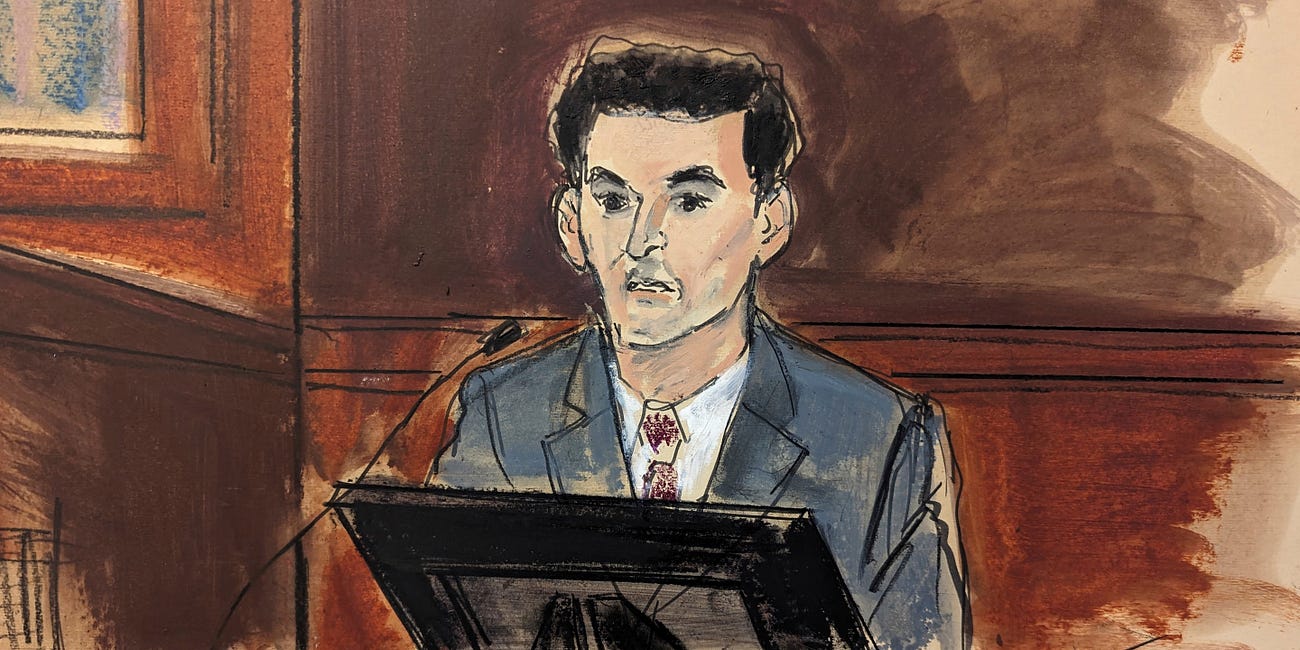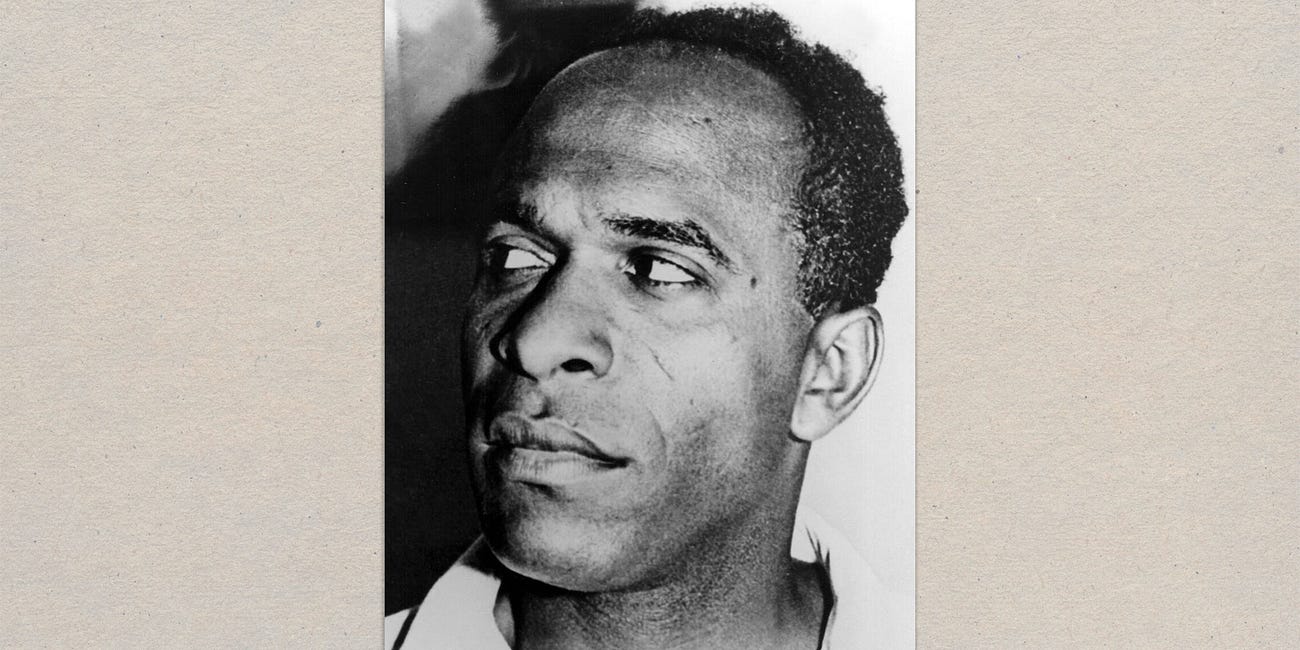
A “world spinning out of control.” Those were the words Wall Street Journal Global View columnist Walter Russell Mead used to describe the latest geopolitical developments when Bari interviewed him on the latest episode of Honestly this week. And it’s not hard to see why.
In the past 48 hours alone:
Houthi fighters fired at Israel from Yemen.
An Israeli air strike hit Jabalia refugee camp in Gaza, killing a senior Hamas commander as well as Palestinian civilians.
FBI Director Christopher A. Wray warned senators that the Israel-Hamas war has increased the chances of a terrorist attack against Americans in the United States to “a whole other level.”
Israel vanished overnight from maps on the Chinese search engine Baidu.
Egyptian prime minister Mostafa Madbouly said Egypt was “prepared to sacrifice millions of lives to ensure that no one encroaches upon our territory,” dismissing requests for the settlement of Palestinian refugees in Egypt.
On the podcast, Walter explains why the “pre-war era” we’ve been in for a while is “moving quickly and at an unpredictable pace” toward “something big and something bad.”
Let Walter give you the lay of the land. I can’t promise that it will be reassuring. But it will be clarifying.
Read an excerpt of Bari’s conversation with Walter here or click below to listen to the entire podcast:
SBF’s Day in Court
Defense Attorney 101 states that you should be very careful about letting your client take the stand. The risks of cross-examination going horribly wrong usually outweigh any possible benefits.
So why did Sam Bankman-Fried take the stand? Perhaps his lawyers decided that the mountain of evidence against the disgraced crypto whiz meant they needed the legal equivalent of a Hail Mary.
Whatever the strategy, the decision delivered a fraud-trial spectacle for the ages. And we sent Joe Nocera to take it all in.
Read his account of SBF’s courtroom debacle:
The Wretched Fanon
Why are PhD candidates glorifying terrorism? Why does a college professor say it was “exhilarating” to witness the atrocities of October 7? Why are many, especially on college campuses, so willing to apologize for—or even celebrate— barbarity?
The answer to these questions, according to Eli Lake, is Frantz Fanon, whose The Wretched of the Earth is required reading for undergraduates in many courses. (One colleague told me she was assigned Fanon in three separate college classes.) “For the pro-Hamas left,” Eli writes, “Fanon is not so much an intellectual as an oracle.”
On our radar. . .
→ Our man in Jerusalem: It’s a good thing that America has had an experienced and long-standing Senate-approved ambassador in place in Israel for the duration of the grave crisis. Just kidding! There has been no Senate-confirmed ambassador in Israel since July, when Thomas Nides stepped down. But that changed yesterday when the Senate voted 53–47 to confirm Jack Lew as the U.S.’s top envoy to Israel.
→ The coming Ukraine-Israel spending fight: A fight on Capitol Hill over military spending for Israel and Ukraine has been brewing for weeks. The president and a large majority in the Senate support a large package of aid that covers both countries. Meanwhile, newly installed House speaker Mike Johnson prefers an Israel-only package and has proposed a measure that takes money that was due to fund the IRS and gives it to Israel, leaving aid for Ukraine to be dealt with separately. If Johnson had hoped to win Mitch McConnell around to the idea, he hasn’t been successful yet. Yesterday, the Republican leader in the Senate reiterated that he prefers a package that handles Ukraine, Israel, border security, and Taiwan all in one.
→ Watch Voices from Gaza: As we’ve mentioned before, we’re thrilled to partner with the Center for Peace Communications on our Voices from Gaza series, which aims to bring authentic Palestinian voices to a wider audience. Watch the CPC’s Joseph Braude talk about the initiative on MSNBC here. And watch the latest installment here.
→ Pumpkin spice colonialism: Think you can enjoy a pumpkin spice latte guilt-free? Think again. The Washington Post is here to tell you the spices that go into that most basic of fall beverages are, in the words of food historian Sarah Wassberg Johnson, “fraught with colonizer histories.” And the worst thing about it is that coffee chains don’t educate their customers about the evils of colonialism. “You’re getting stuff all over the world and repackaging it for wealthy consumers without acknowledging the history of the ingredients,” says Johnson. Time to do the work, Starbucks.
Become a Free Press subscriber today:









Wait. I thought Trump was definitely, most assuredly 💯 going to get into a world war. I mean that’s what every major media outlet, Paul Krugman phony wannabe told me repeatedly for 4 years.
The really sad part about reality hitting liberals in the face is... WE all suffer along the way.
“The coming Ukraine-Israel spending fight: A fight on Capitol Hill over military spending for Israel and Ukraine has been brewing for weeks.”
———————————————-
I still cannot get over the extreme stupidity of connecting these two conflicts and messaging to Putin that he’s up against The Jews.
Only people who went to Harvard and then moved on to the State Department could come up with something this irresponsible and psychotic.